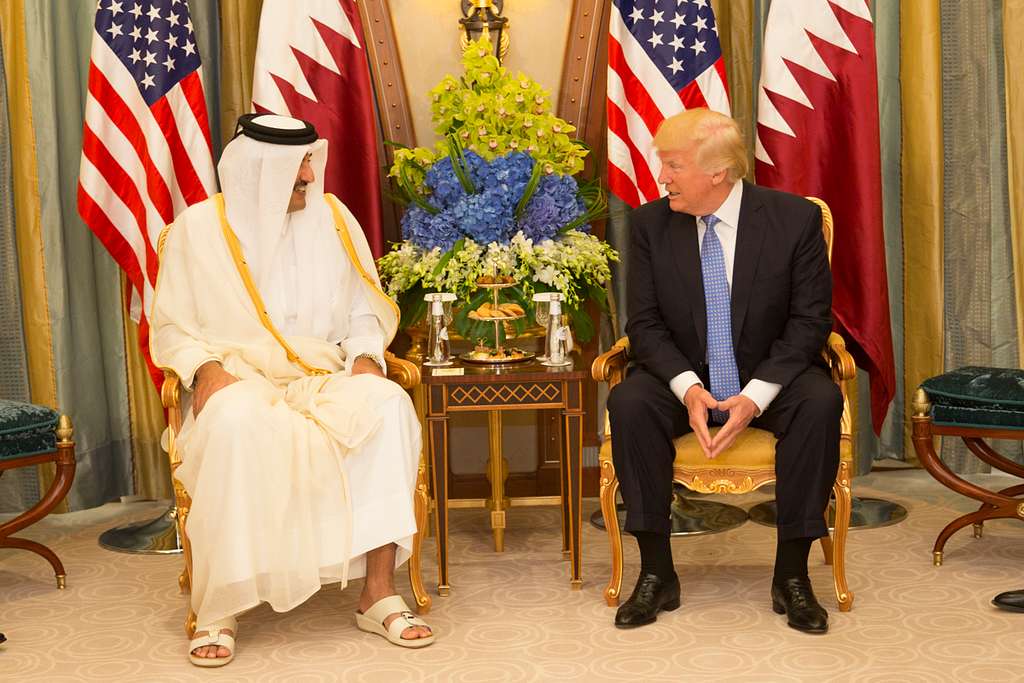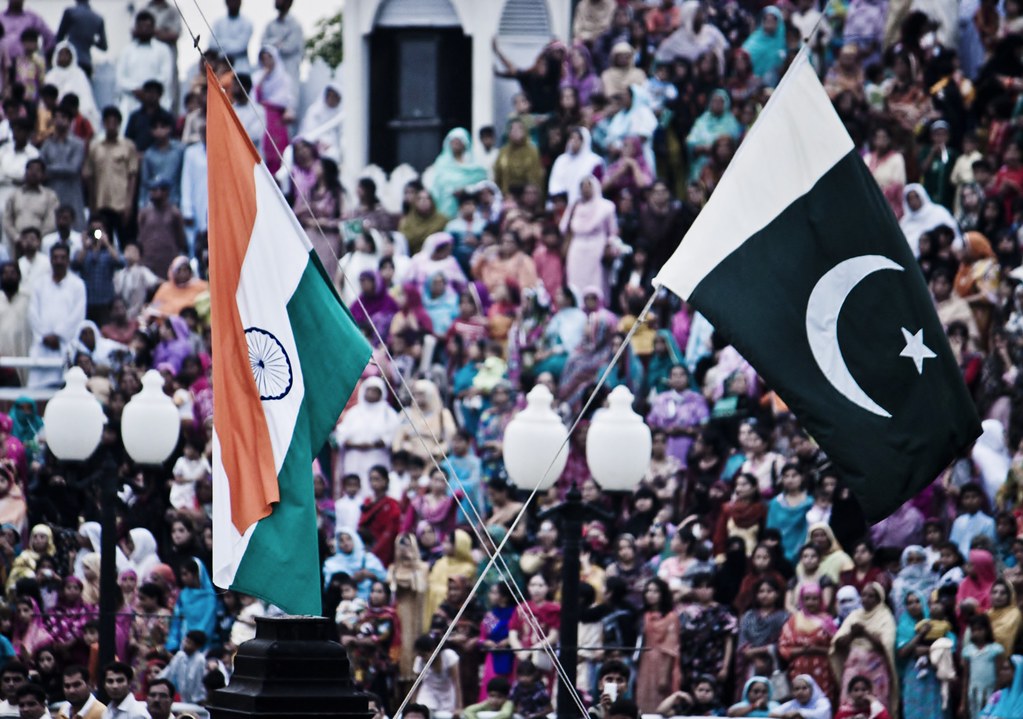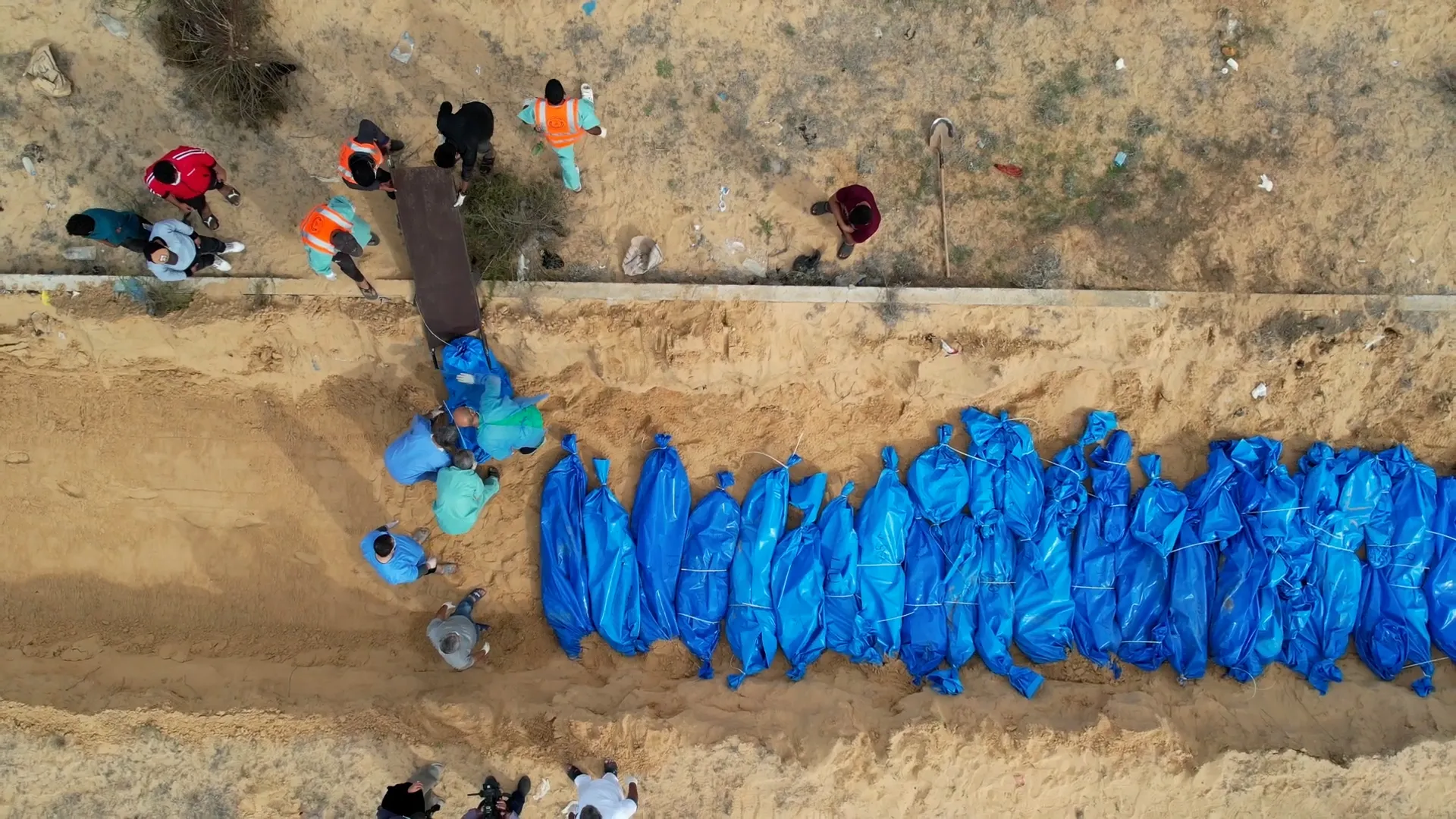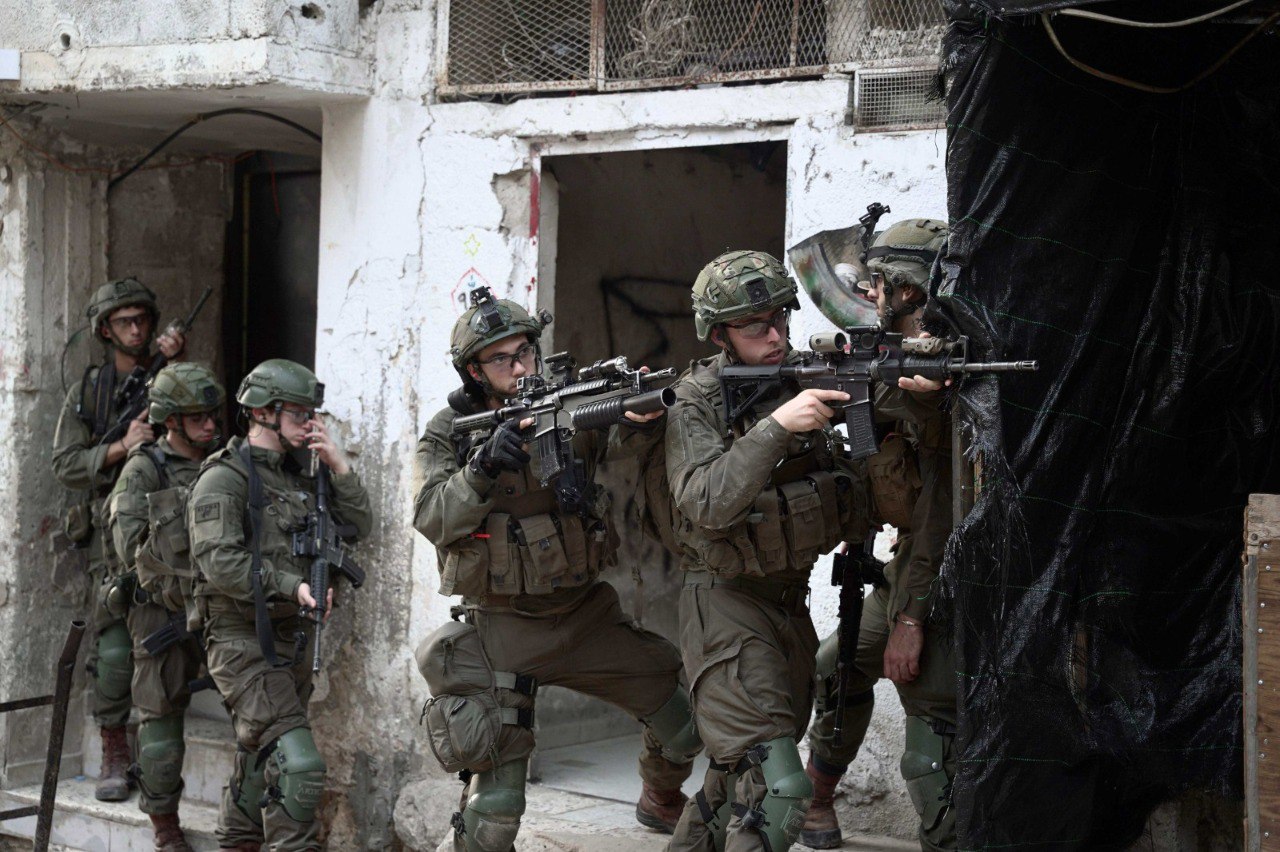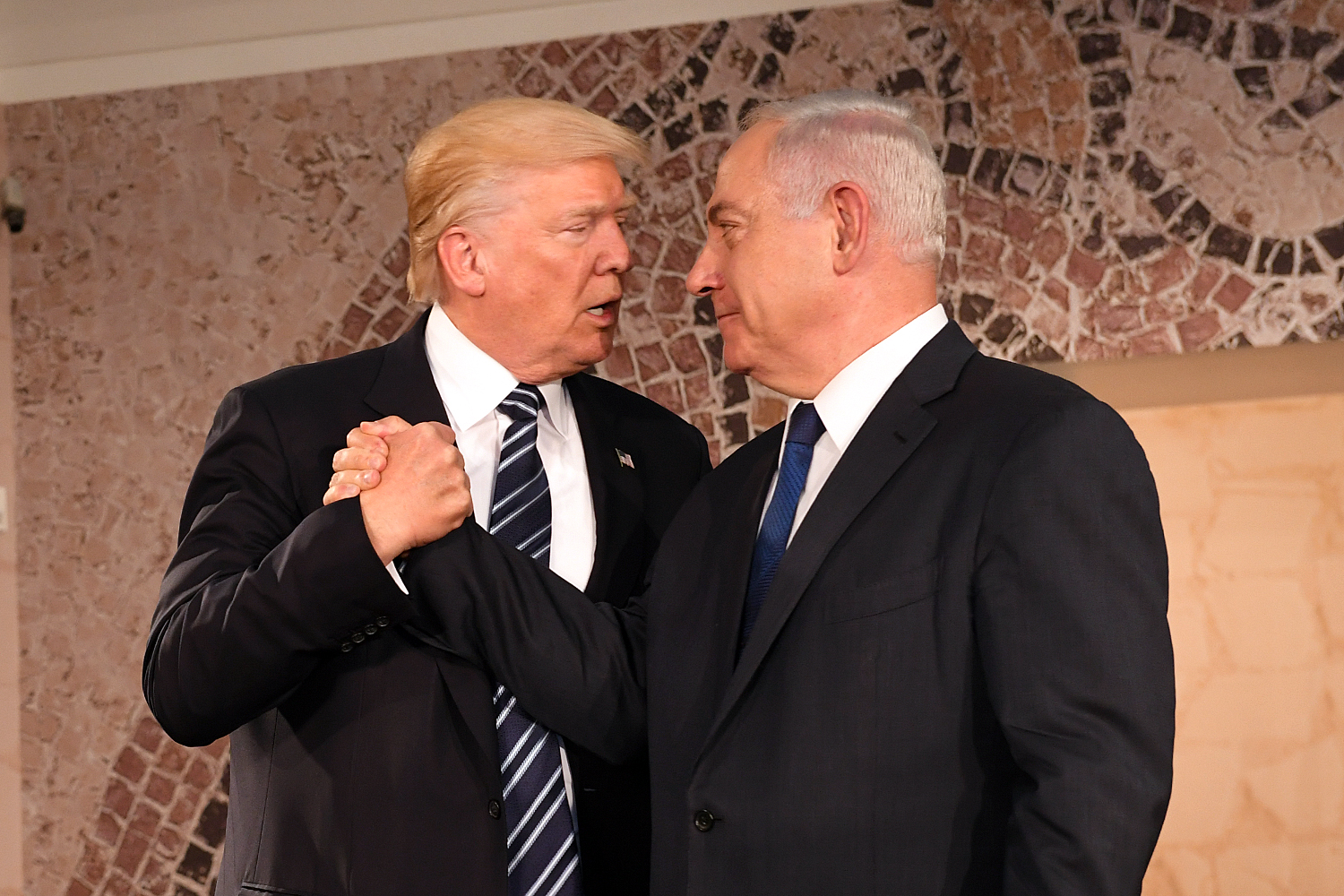Update 24 March 12:40: Turkish police have arrested internationally acclaimed photojournalist Bülent Kılıç of Agence France-Presse (AFP)while he was covering anti-government protests in Istanbul. Kılıç, known globally for his conflict photography, was detained without warning as he documented demonstrators rallying in defense of jailed opposition leader Ekrem İmamoğlu. He is among at least nine journalists taken into custody since the protests began, sparking outcry from press freedom organizations.
We understand that the respected photographer was assaulted by Turkish police, during the arrest. At this point, we do not have further confirmation of the assault, but it would match with documented violence on protests elsewhere.
The Crustian Daily condemns this arrest in the strongest possible terms. Detaining journalists for doing their jobs is a red line, and Erdoğan’s regime has now crossed it openly. This is not just a Turkish crisis; it’s a threat to global democratic values and the right to document truth in the public square.
Original Report:
Mass protests have erupted across Turkey following the arrest of Istanbul Mayor Ekrem İmamoğlu, a leading opposition figure and anticipated challenger to President Recep Tayyip Erdoğan in the 2028 elections. İmamoğlu was detained on March 19 on charges of corruption and alleged ties to the Kurdistan Workers’ Party (PKK), accusations widely condemned as politically motivated and legally dubious.
In the days since his arrest, tens of thousands of demonstrators have flooded the streets in Istanbul, Ankara, İzmir, Diyarbakır, and other cities, calling not only for İmamoğlu’s release but for a halt to the accelerating authoritarianism under Erdoğan. Protesters have carried signs reading “This is not justice,” “İmamoğlu is our president,” and “Stop the coup against democracy.” The demonstrations have swelled into a broader movement denouncing judicial manipulation, suppression of dissent, and political persecution.
İmamoğlu’s political future is now in freefall. In addition to his arrest, the government has invalidated his university degree, a move that disqualifies him from running for president under Turkish law, which requires higher education credentials. On March 22, Turkey’s Interior Ministry also removed İmamoğlu from his post as mayor of Istanbul, citing the charges against him as justification. Critics have denounced the maneuver as a coordinated legal assault intended to eliminate Erdoğan’s strongest electoral opponent by any means necessary.
The Erdoğa regime has responded to the mass protests with sweeping repression. More than 660 protesters have been arrested, and reports confirm that at least nine journalists have also been detained while covering the demonstrations, raising serious alarm among press freedom advocates. Independent newsrooms report harassment, equipment seizures, and threats of license revocation.
Authorities have enacted blanket bans on public assembly across multiple provinces. In Istanbul, a four-day protest ban has been rigidly enforced, with riot police using tear gas, water cannons, and rubber bullets against unarmed crowds. Eyewitnesses describe indiscriminate violence and mass detentions. Video footage shared on social media shows officers violently dragging protesters and journalists into vans without explanation.
Adding to the clampdown, the Turkish government has restricted access to major social media platforms including Twitter, TikTok, Instagram, and YouTube, hampering both internal organization and external visibility of the protests. Despite the state’s efforts to silence them, demonstrators continue to upload footage using VPNs and offline organizing tactics to spread awareness.
Despite the crackdown, the opposition remains firm. The Republican People’s Party (CHP), to which İmamoğlu belongs, has re-affirmed their support for him and labeled his detention a “judicial coup.” In a press conference, party leaders accused Erdoğan of weaponizing the courts to eliminate his most credible rival before the vote. Other opposition parties, including the pro-Kurdish HDP and the center-right İYİ Party, have joined calls for nationwide resistance. Civil society groups and professional organizations have also expressed outrage, warning that the collapse of democratic accountability is now systemic.
International condemnation has been swift and growing. Amnesty International denounced the arrest as “draconian,” warning it marks a clear escalation in Turkey’s democratic backslide. EU leaders and human rights monitors have urged Erdoğan to release political detainees and uphold basic democratic rights. The Committee to Protect Journalists called the media crackdown “deeply alarming” and demanded the release of all detained reporters. Meanwhile, statements from Germany, France, and the European Parliament have expressed “deep concern” over Turkey’s continued decline into authoritarianism.
İmamoğlu, who rose to prominence after defeating Erdoğan’s AKP party in the landmark 2019 Istanbul mayoral race, has become a symbol of hope for Turkey’s fractured democratic opposition. His decisive win, despite government interference, reshaped the national political landscape and threatened Erdoğan’s decades-long grip on power. His removal from office, coupled with the revocation of his academic qualifications, appears designed to erase him from public life entirely.
As of March 24, the protests show no sign of slowing. Demonstrators continue to fill public squares in defiance of the bans, despite growing risks of arrest and police violence. What began as outrage over a single arrest has now evolved into a full-scale challenge to Erdoğan’s authoritarian rule. Turkey stands at a crossroads between democratic collapse and civil resistance—and the world is watching.
The Crustian Daily will continue reporting on Turkey’s democratic crisis and the resistance it has inspired.
Author
Discover more from The Crustian Daily
Subscribe to get the latest posts sent to your email.


